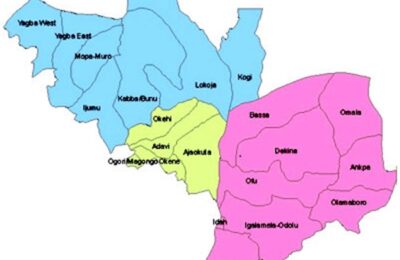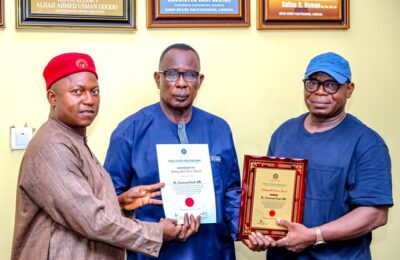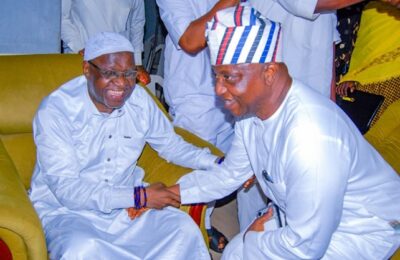By Musa Bakare.
History often turns on the courage or the hesitation of a single leader. In May 2023, Nigeria stood at the edge of a dangerous cliff: public finances were collapsing under the weight of fuel subsidies, the currency system was distorted by arbitrage, insecurity was spreading, and confidence in government was near zero. At that very moment, President Bola Ahmed Tinubu assumed office and chose to act boldly. But the question must be asked: what if it was not Asiwaju Tinubu who took over in 2023.
Before President Tinubu’s swearing-in, Nigeria’s economy was suffocating. The fuel subsidy had grown into a trillion-naira monster, draining resources that could have been invested in schools, hospitals, and infrastructure.
The exchange rate system encouraged corruption, with a privileged few making billions from arbitrage while ordinary Nigerians suffered. Public debt was mounting, insecurity was worsening, and government revenue was shrinking.
If another fellow without the courage for tough decisions had taken over, Nigeria might have drifted into full blown economic collapse. The subsidy racket would have continued, reserves would have dried up, the naira would have completely lost credibility, and investors would have fled.
Within hours of assuming office, President Tinubu dismantled the fuel subsidy and initiated the unification of exchange rates. These two decisions signaled a decisive break from the past. They were not easy moves, but they were necessary to save the nation from certain bankruptcy.
Had a timid, greedy, selfish, money driven, self opinionated fellow with no deep administrative experience inherited the mantle in 2023, these reforms would have been delayed to sustain the status quo, as had happened for decades. Nigeria would still be borrowing to fund fuel consumption, while the privileged few siphoned billions under the guise of protecting the poor. In such a scenario, even the like of the former CBN governor, a Godwin Emefiele, and his team might still have been entrenched at the apex bank, perpetuating a broken and looting system.
Two years later, results are becoming visible. Inflation, though still high, has begun to decline. The naira, after initial turbulence, has stabilised and is attracting foreign inflows. The bleeding has stopped, the economy is no longer in free fall, and the patient is alive.
New institutions such as the Nigeria Education Loan Fund (NELFUND) are being established to expand access to education. Infrastructure projects are ongoing, and investor confidence is slowly returning. Without President Tinubu’s audacity, Nigeria might have sunk deeper, perhaps even into the arms of the IMF under far harsher conditionalities.
President Tinubu is not blind to the suffering of Nigerians. Prices of food, transport, and housing rose sharply in the immediate aftermath of reforms. Labour unions staged strikes, and discontent has been loud and widespread. Yet if there had been no reforms, the hardship would have been worse, deeper, and more devastating.
History teaches that bitter medicine often comes before healing. The true test of leadership is whether one dares to administer that medicine in time. President Tinubu did.
Imagine Nigeria in 2025 without the removal of subsidy and exchange rate reform. Debt servicing alone would have consumed nearly all national revenue. Salaries would have gone unpaid, foreign reserves would have vanished, and international credit lines would have been closed. The naira could have collapsed to unimaginable levels, and hyperinflation might have followed.
It would have been a Venezuela-style crisis at the heart of Africa’s most populous nation.
Nigeria’s challenges are far from over, but the country is no longer drifting aimlessly. It is being steered through stormy waters by a captain with the compass in hand, willing to make difficult calls.
So, what if it was not President Tinubu that took over in 2023? The honest answer is that Nigeria might have been consumed by the tragedy of indecision. Today, while Nigerians endure the hardship of transition, there is renewed hope that with perseverance, sacrifice, and discipline, the nation will rise again.
History will remember that in 2023, at the edge of collapse, Nigeria found in Asiwaju Bola Ahmed Tinubu a leader who chose courage over comfort, reform over rhetoric, and nation over self.
– Musa Asiru Bakare, a Member of APC and Political Analyst, writes from Lokoja, Kogi State.




